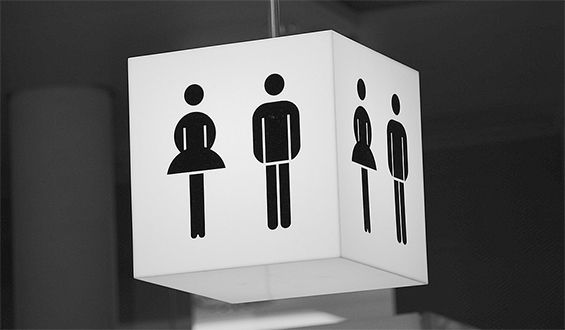As of yesterday, Denmark became the first nation in the world to no longer define transgendered as being mentally ill.
The official change has sent a dramatic signal to the LGBT (lesbian, gay, bisexual, and transgender) community in Denmark.
“The change is symbolic, but important. It’s important for transgendered people to not be branded mentally ill when we are not,” said Linda Thor Pedersen, a spokesperson for LGBT Danmark.
“During LGBT Danmark’s dialogue with the health system, we have been anxious that words such as ‘dysphoria’, ‘incongruence’, ‘disorder’ or ‘problem’ didn’t feature any more. Fortunately, the health system agreed with us.”
READ MORE: LGBT community: Police neglecting hate crimes
Leading the way
Søren Laursen, the head of LGBT Danmark, told TV2 News that it removes a stigmatisation associated with being transgender.
“Now they are no longer branded as being mentally ill, but rather what it really is: a variation,” Laursen told TV2 News.
All parties in Parliament were in support of the change. Parliament decided last spring to make the amendment by 1 January 2017, if the World Health Organisation (WHO) hadn’t managed to do the same by then. The WHO hasn’t yet made the change, so Denmark is going solo.
Despite the change, transgendered people must still submit to long psychiatric proceedings before they are able to be given hormone treatment or a sex change operation.














